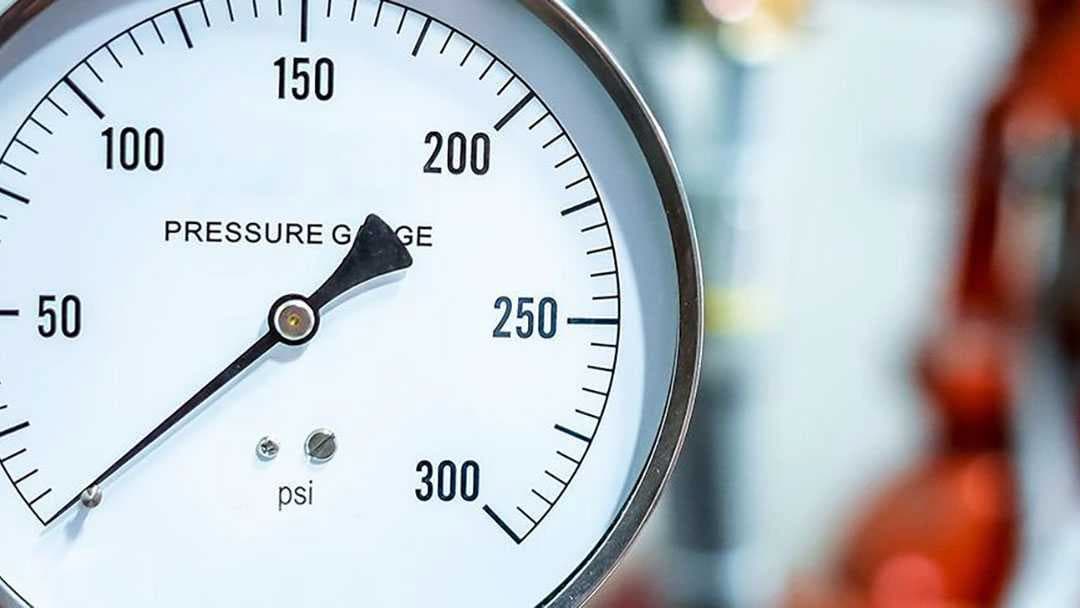A guide to magnetic filters and limescale inhibitors

Preventing sludge and limescale build-up in your central heating system is an important step in avoiding costly heating repairs. Fortunately, there are some simple solutions you can apply to your system that will save you from a central heating nightmare in the future. They also help your system run much more efficiently, reducing your total energy bill and helping to make your household more environmentally friendly.
What is a magnetic boiler filter?
A magnetic boiler filter is an attachment that is fitted directly to your central heating system. It collects various metallic particles, storing them safely so that they don’t form a sludge that can settle at the base of a boiler and cause major problems.
As radiators and boilers age, they begin to rust. The rust that corrodes inside of a heating system gradually flakes off over time, and when these rust flakes join up with dirt and scale particles in a boiler, they form central heating sludge.
Accumulation of central heating sludge is one of the major reasons water pumps and heat exchangers fail. You can always take a look at damaged parts to confirm whether scale or sludge was the culprit— as it’ll be lined along the pipe or part. However, it’s always best to focus on preventing this by using a magnetic boiler filter.
Symptoms of a heating system without a magnetic filter
When sludge accrues in your system, it quickly leads to a variety of problems. Here are some common signs that sludge is present in your central heating system.
- The boiler is hot at the top, but cooler at the bottom.
- The boiler makes gurgling or bubbling noises.
- The boiler never reaches its maximum temperature.
- The boiler begins to leak.
- Pumps start to fail repeatedly.
- Broken parts are filled with sludge and dirt.
All of these symptoms can eventually lead to expensive central heating maintenance. If you’re experiencing any of these problems, consult with a heating engineer immediately. In many cases, a boiler without a magnetic filter and limescale reducer present will void the manufacturer’s warranty. In some cases, a powerflush may be necessary as a preventive measure to rid of any sludge and contaminants in your central heating system. If your boiler continues to make gurgling or bubbling noises, it’s likely that you will need a replacement.
What are limescale reducers?
A limescale reducer, or scale inhibitor, is a chemical liner that prevents scale from forming in the pipes, joints and tanks of a central heating system. Unlike scale softeners, which exchange the calcium and magnesium of scale with sodium, limescale reducers safely modify the water itself so that scale minerals travel through the system without stopping.
With 60% of the UK being affected by limescale or “hard water”, we’re not exactly blessed. It’s caused by the build-up of small minerals found in tap water. Boiler scale results when hot water accelerates the formation of calcium carbonate and magnesium hydroxide on metals.
If boiler limescale accumulates, it interferes with the flow of water in a boiler system and acts as an insulator, thereby keeping heat exchangers from working properly. This, combined with the metallic sludge of corrosive materials, can cause hard scale damage that will gradually make your central heating system less and less efficient, until it stops functioning altogether.
A scale inhibitor concentrate is usually your first line of defence for keeping your heating system healthy.
Do I need a magnetic filter or limescale reducer?
The answer, more often than not, is yes. Not only are magnetic filters and scale inhibitors relatively easy to purchase and install (with the help of a heating engineer) but the benefits of having both equipped far outweigh the initial cost.
You should install a boiler filter to your central heating system if the scale protection in the boiler is either inadequate or nonexistent. You can purchase a kit to sample water from your radiator and check whether an inhibitor is active in your central heating system.
If it looks like your system needs a magnetic filter, consider getting one with a gravity filter. This will collect metallic materials as well as other debris and sludge.
Keep in mind that most boiler manufacturers have two installation requirements to ensure the warranty remains valid:
- The boiler is properly lined with limescale inhibitor concentrate.
- The boiler has a magnetic filter installed.
This way, if your central heating system is faulty in any way, it’s unlikely the problem is related to preventable sludge or scale build-up. In the end, the money you save by avoiding costly repairs and replacements will more than make up for the price of installing a filter to your system.
A worthwhile investment
Magnetic filters and limescale inhibitors not only make your heating system more efficient (thereby increasing your energy efficiency), but they dramatically reduce the likelihood of expensive repairs associated with sludge build-up and hard scale damage. This makes the pair a great investment and will save you hundreds of pounds over the course of your central heating system’s lifetime.
We Beat or Match Any Quote
Call 0330 912 4843 and we’ll beat or match any quote.
Serious About Service
24/7 claims support & rated Excellent on Trustpilot
Cover Match Guarantee
Get a £50 gift card if you find something we don’t cover
All Gas Boilers Covered
All makes and models, regardless of age


